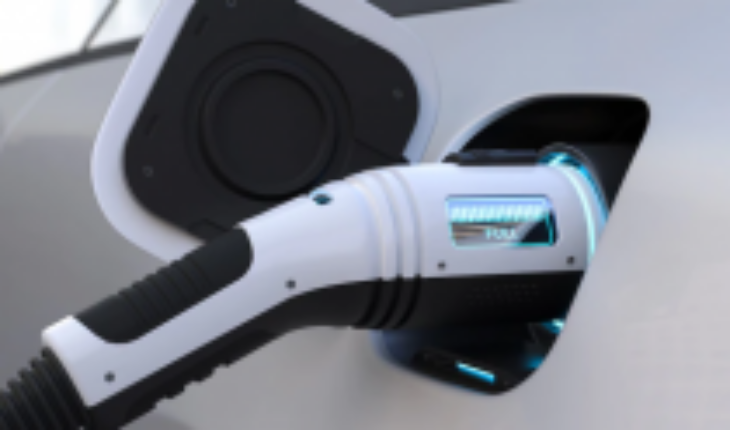Climate change is a threat to the well-being of humanity and the health of the planet. This was concluded by the Intergovernmental Panel on Climate Change (IPCC) in its sixth report (AR6) in August 2021.
Today, on Climate Day, we must ask ourselves what we are all doing to act with the necessary urgency. What priority are States giving to climate policies? To what extent are companies innovating to end “business as usual”? How are we citizens rethinking our ways of life if we want to continue inhabiting the Earth?
Electromobility is emerging as a real option to respond to climate and environmental challenges, through modern, efficient and, above all, cleaner transport.
According to the IPCC’s Sixth Report, an immediate reduction in greenhouse gas (GHG) emissions across all sectors is needed to limit global warming to 1.5°C, implying a 40-70% reduction in transport emissions by 2050 compared to 2020.
This is a huge challenge, given that demand in this sector is increasing. Passenger transport is estimated to increase 2.3-fold by 2050 and freight by 2.6, according to the Organisation for Economic Co-operation and Development (OECD).
Electromobility reduces GHG, pollution and waste, and improves vehicle performance and maintenance cost. Electric vehicles consume one-fifth of the energy of internal combustion vehicles and emit less noise, gases and particulates, improving air quality and preventing disease. Electric batteries have a second lifespan as energy storage solutions, completing the circular economy. Electric motors have fewer moving parts, significantly reducing costs and generating fuel savings. Electromobility offers a sustainable and efficient transport solution to respond to the increase in transport demand without compromising the quality of the air and the planet we share.
BYD, a world leader in sustainable technologies, became in March 2022 the first automaker to abandon the production and sale of combustion vehicles. Our goal is to reduce the Earth’s temperature by 1°C, and we have already manufactured more than 3 million new energy vehicles. However, we need States to accelerate the transition to electric transport and encourage public-private collaboration to enable the system.
In Chile, the National Electromobility Strategy establishes that by 2035, all vehicles will be zero emissions. BYD has supported this initiative, being the first brand to implement the largest fleet of electric buses in the region in the transport system of the city of Santiago and the first to configure a fleet of 50 zero-emission taxis. With more than 5 years of operation in public transport, we are also introducing fleet alternatives for companies and for last mile. This 2023 in addition, we have launched BYD’s high-tech premium cars such as Han, Tang, Yuan Plus and Song. We are committed to partnering with Chile in its transformation towards sustainability and contributing to its goal of carbon neutrality by 2050.
Follow us on
The content expressed in this opinion column is the sole responsibility of its author, and does not necessarily reflect the editorial line or position of El Mostrador.





